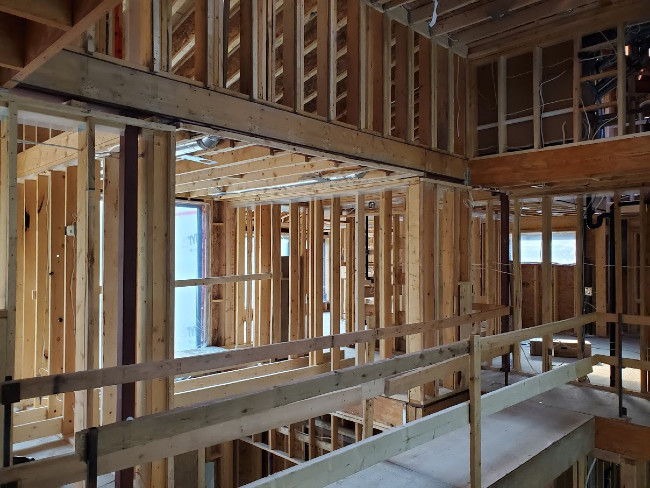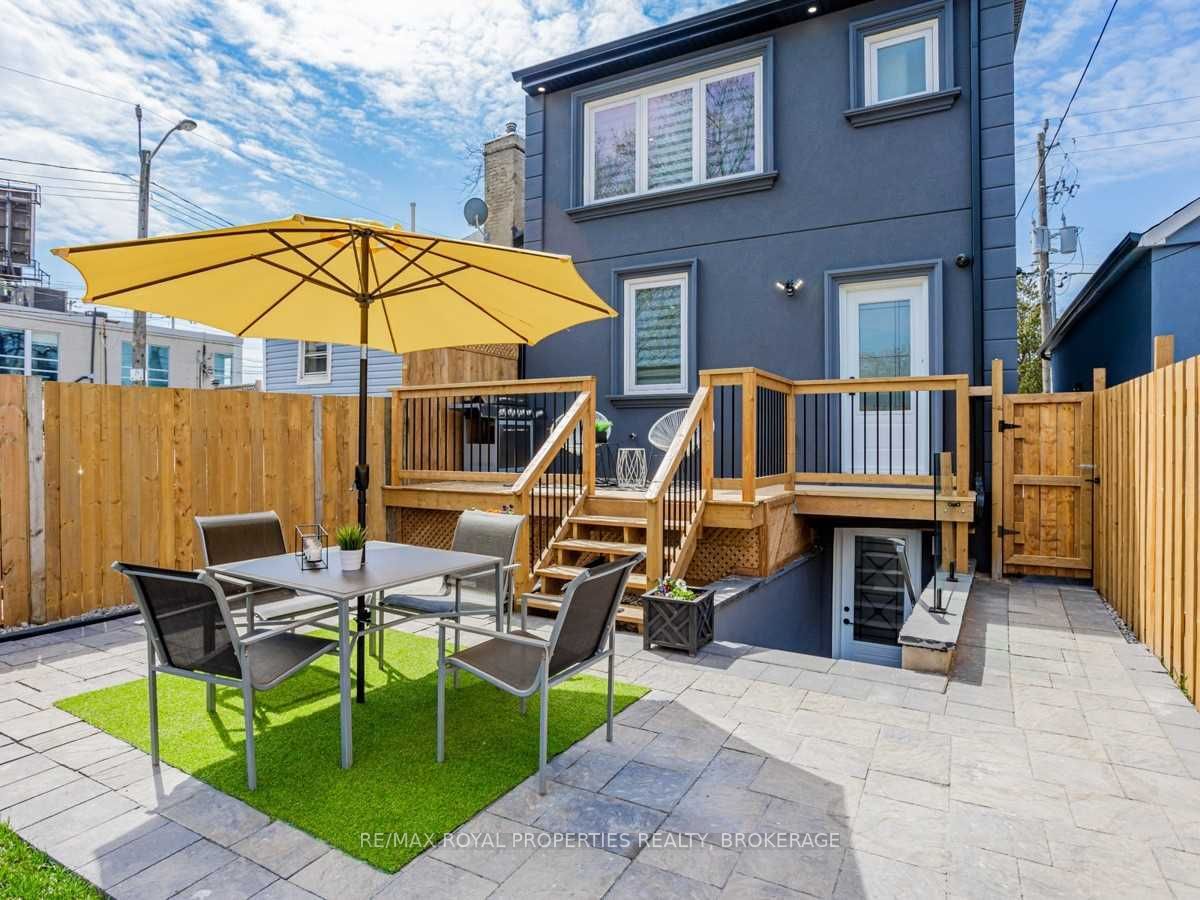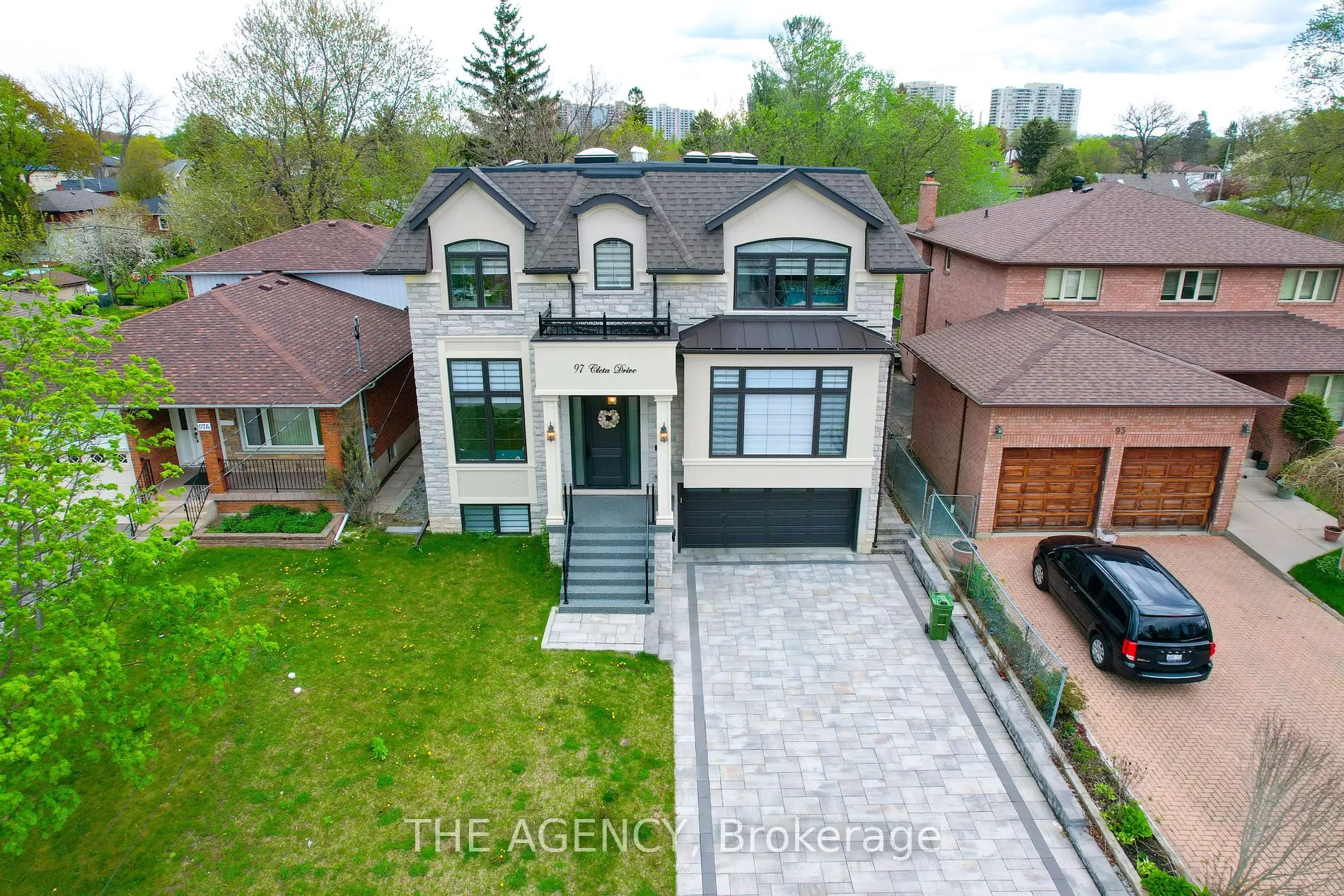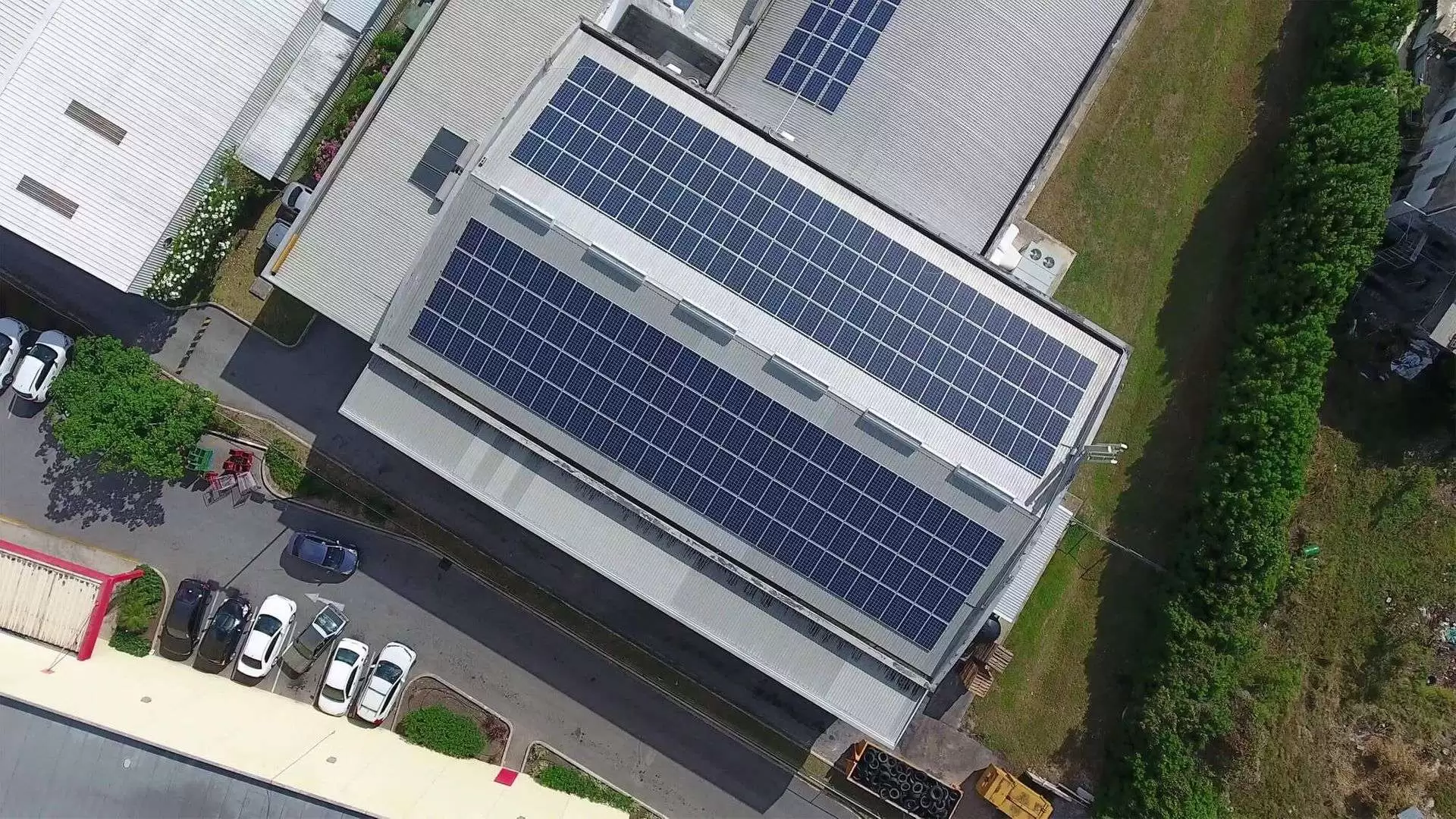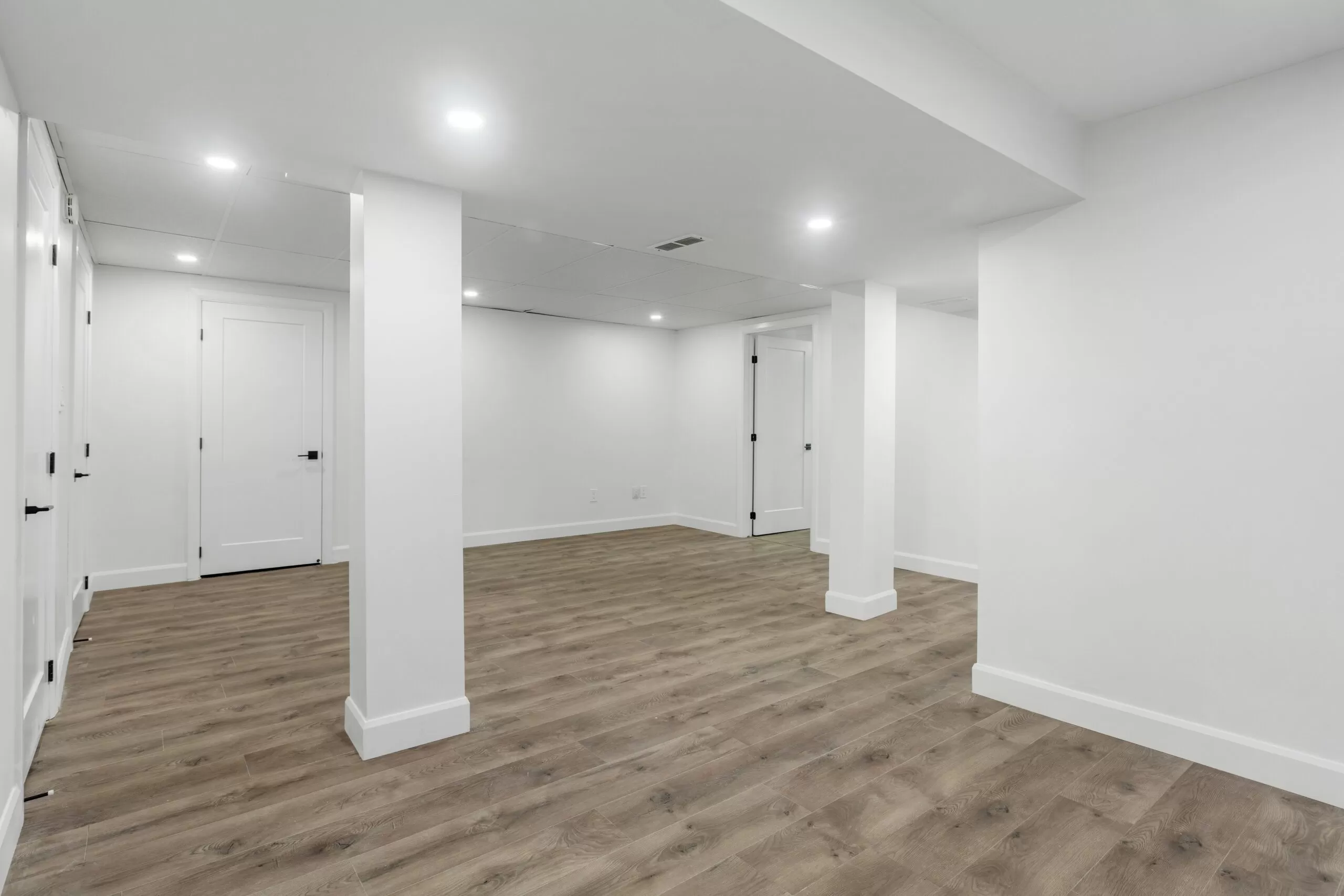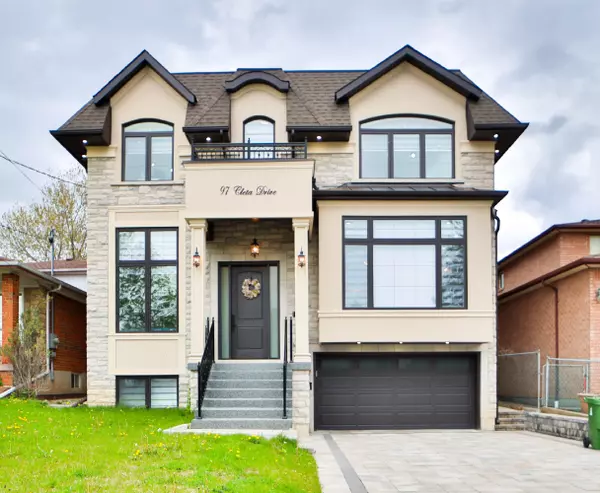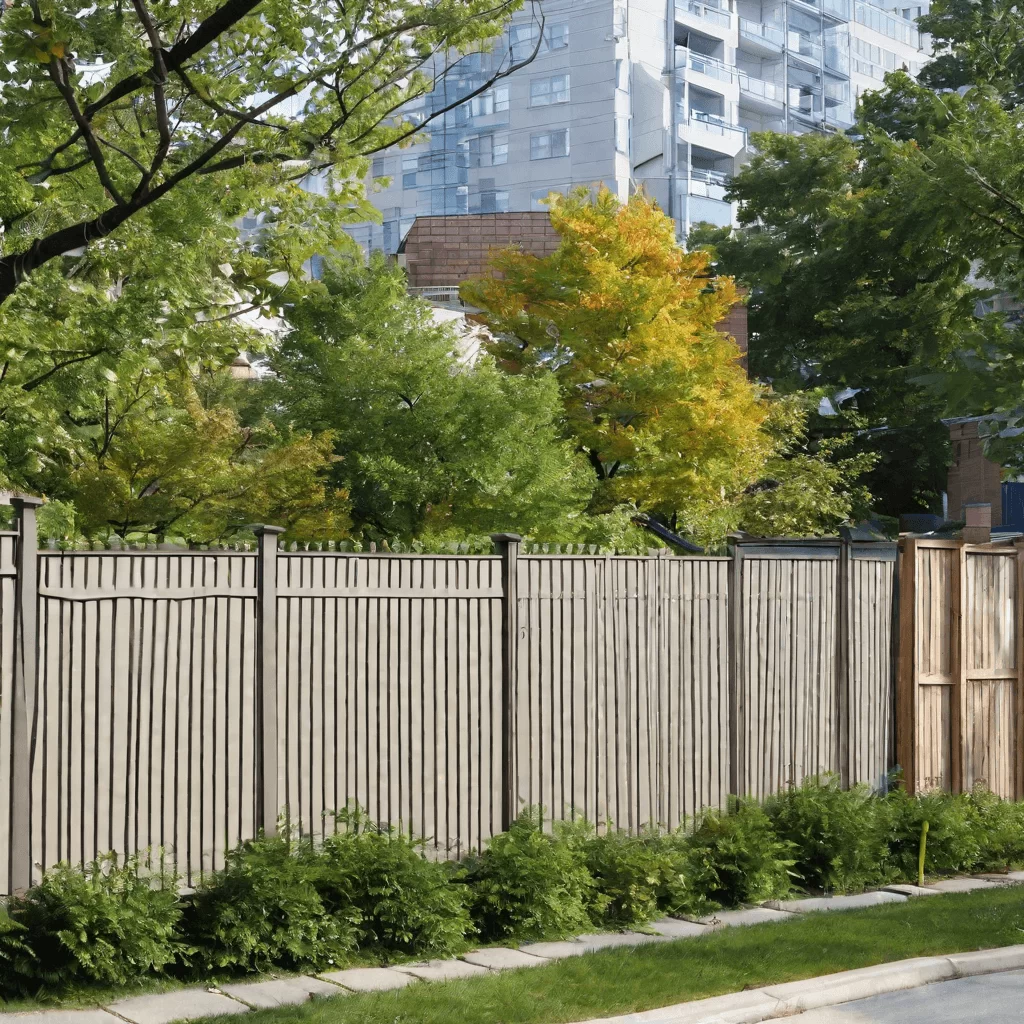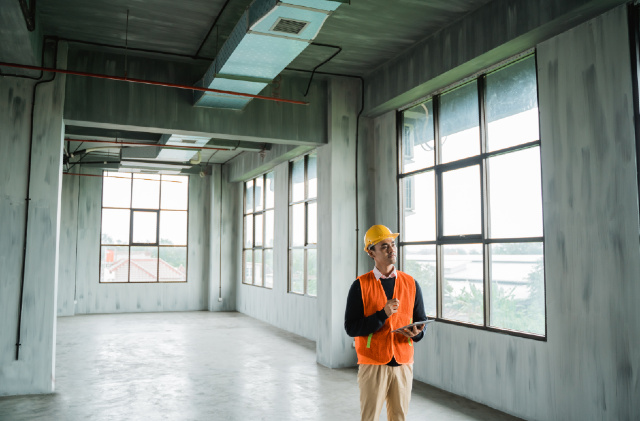When facing an older property’s renovation, the soundness of the building’s walls may seem a little more unstable. Most people recommend first-time homeowners to get a home structural engineer. However, some people are not aware of what a structural engineer even does.
A structural engineer is a professional capable of taking on different tasks in various industries. They focus on assessing which parts of a building aren’t optimal for any living or occupying conditions. These professionals will then discuss what actions should be taken.
If it’s your first time employing a home structural engineer, here are a few basic things you may need to ask them.
1) What Qualifications Do You Have?
A typical home structural engineer should have an educational background in civil engineering that may span 4-5 years. After graduation, they should usually take up an internship of 5 years, shadowing a professional engineer.
After that, there are licensing requirements and exams a structural engineer intern should take before being adequately certified. Most licenses are valid for two years before they expire and require renewal. Ask your home structural engineer if their license is up to date and verify if need be.
2) What Services Do You Offer?
A home structural engineer typically provides an inspection of whether a home is structurally sound. They know of multiple home and building designs, so they have more expertise in spotting whether a part of the ceiling or wall is altered. Being able to spot any weak details or irregularities can help you correct them early and prevent a collapse.
A home structural engineer can give advice and help you when you’re facing:
– Renovation
– New Construction
– Building Alterations
– Denied Insurance Claim
– Heavy Loads and Constructional Materials
3) Is There a Difference Between a General Home Inspector and Home Structural Inspector?
These two professionals may seem similar, but their roles are different. A general home inspection focuses on the overall health of a building. Structural integrity is a minor aspect they focus on as they also assess the amenities and interior systems in a property.
A structural home inspection is more in-depth. They measure and scan the building’s floor, walls, ceiling, posts, and columns from their very foundation up to the frames. Some structural home inspectors also go as far as examining the inside of the walls.
If you’ve opted to hire a general home inspector first, that’s understandable. If their analysis of the building structure flags a specific aspect of the house, it’s only suitable to get a structural inspector to analyze the home further.
4) How Available Are Home Structural Engineers?
If you’re working on a tight schedule, you would want to give them a heads-up and ask their availability. Many engineers face many inquiries and clients and tend to be busy; home structural engineers are not an exception.
5) What Should I Do If There Are Cracks in My Home?
This is an excellent question to gauge a home engineer’s knowledge and response. It’s best if they inquire how old the home is and where the cracks are located. They may assume which kinds of settlements a property is subjected to before coming in for an inspection.
Conclusion
To sum it up, a home structural engineer should be licensed and experienced enough to inspect a building’s form. It’s a reasonable precaution to make for your home, especially if the property is exposed to an area susceptible to any disasters and bad weather.
ASR Engineers is an engineering firm in Toronto, Ontario. We specialize in structural, civil, mechanical, plumbing, and electrical engineering for homes and commercial buildings. Get in touch with us today!

